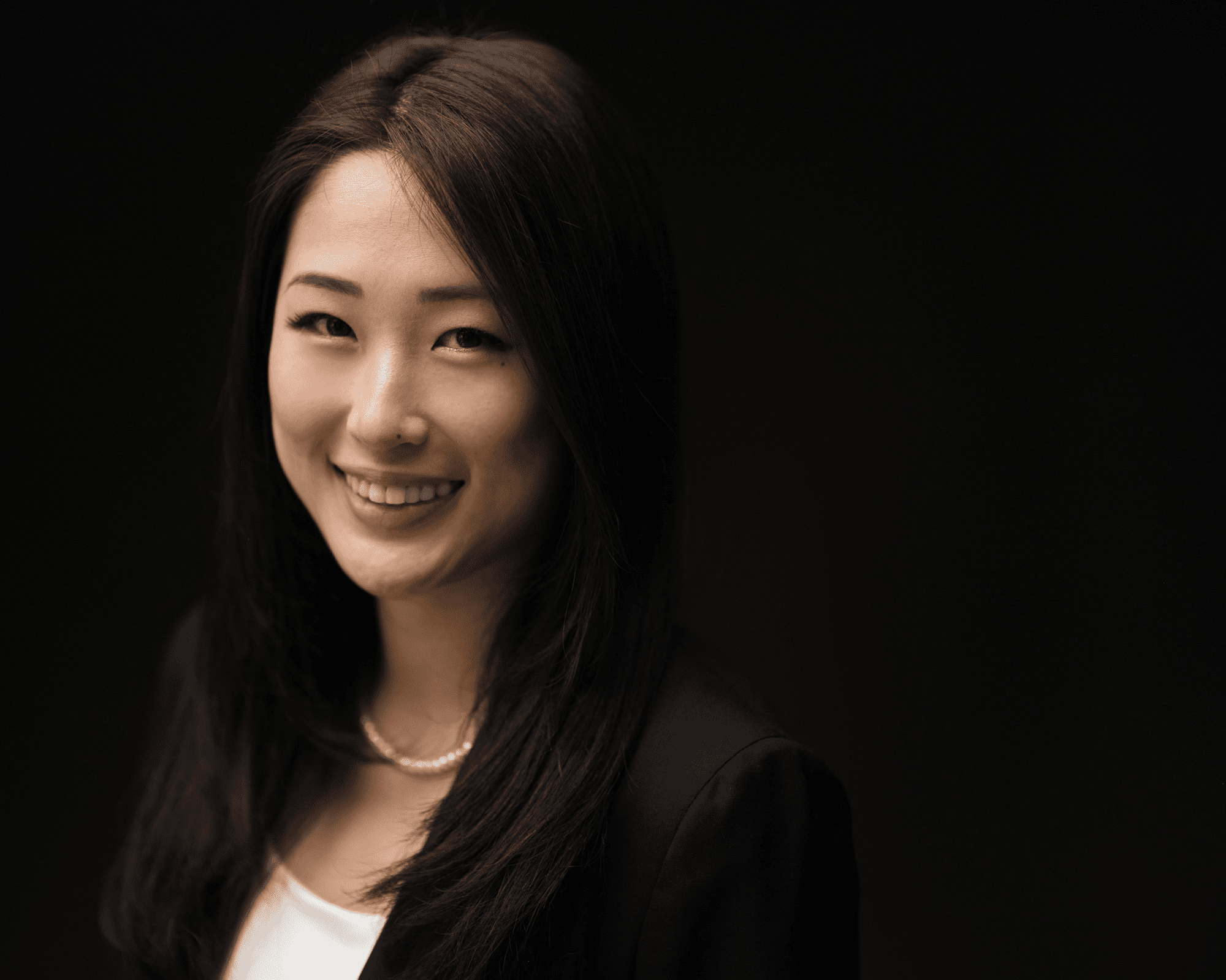Justine Chang '23 to Join One of the Nation's Top 10 Law Firms

Justine Chang ’23 will be joining Sidley Austin LLP after graduation, one of the nation’s top 10 law firms
By the time she graduates from law school this December, Justine Chang will have already worked on major criminal fraud cases and won multiple awards for her legal writing and arguments.
With those accomplishments under her belt, she will work for one of the nation’s top 10 law firms, Sidley Austin LLP, as a litigation associate taking on cases in multiple practice areas.
“I’m particularly eager to work at Sidley because of its reputation as a global powerhouse that has both breadth and depth in the services it provides to its sophisticated clients,” she said.
Chang, who has been interested in the law since childhood, said she chose UC Law SF for its reputation of producing “gritty, hard-working attorneys” and for its experiential learning opportunities, which allow students to “hit the ground running with very little handholding” after law school.
At UC Law SF, she served as co-chair of the Moot Court Team and won multiple accolades, including as a national finalist or quarterfinalist in five competitions. She also took part in the UC Law SF Appellate Project, where she worked on a prisoner civil rights case, resulting in a precedent-setting victory for her client in the Ninth Circuit Court of Appeals.
Chang said Moot Court helped her find her voice and build confidence in her abilities, while the Appellate Project taught her how to craft stronger arguments by looking at cases from different perspectives. She thanked supervising attorneys Leah Spero, Stephen Tollafield, and Gary Watt for their mentorship and guidance.
During her 1L summer, Chang interned with the U.S. Attorney’s Office for the Northern District of California in San Jose, where she worked on pre-trial issues for one of the office’s most high-profile cases—the prosecution of Theranos Founder Elizabeth Holmes.
After her second year of law school, Chang worked as a summer associate with Sidley Austin, where she will begin working after she graduates this December. Chang said she is excited to work at the same law firm where her two role models – Barack and Michelle Obama – started their careers.
For Chang, becoming a lawyer felt preordained. Her first name derives from the Latin word for “just, fair, and upright.” Growing up in Stockton, California, about 80 miles east of San Francisco, she developed a passion for reading and writing at an early age. When she misbehaved, her mother used to discipline her by taking away her books, she recalled.
Her first personal exposure to the legal system came when her brother became a victim of gun violence, and she watched her family work closely with law enforcement to seek justice. She said it was the first time she realized that the law was more than just words on paper.
“It has the power to protect people, but it can also hurt people,” she said. “I wanted to become someone who could wield that power responsibly for the betterment of society.”
After graduating a year early from UC Berkeley with a bachelor’s in legal studies, she spent four years working for a boutique litigation firm in San Francisco and Big Four firm in New York. During that time, she worked with a criminal defense team in Florida on one of the largest cases of Medicare fraud in U.S. history.
She said the experience taught her how to aggressively advocate for a client, but along the way, she also had people tell her she would never be taken seriously as a litigator because of her appearance as a “petite Asian woman.” At UC Law SF, she said, supportive professors like Dylan Ballard taught her to ignore those comments and trust that her own hard work, preparation, and intelligence would prove them wrong.
Now preparing to start her career at Sidley Austin, Chang said she is excited to work on a diverse set of trial-level and pro bono cases, but she hopes to specialize in appellate law, for which Sidley has earned a top Band 1 ranking from Chambers USA.
“Appellate law is exciting because you have the opportunity to have an intellectually stimulating conversation with judges whilst creating legal precedent in the process,” Chang said.